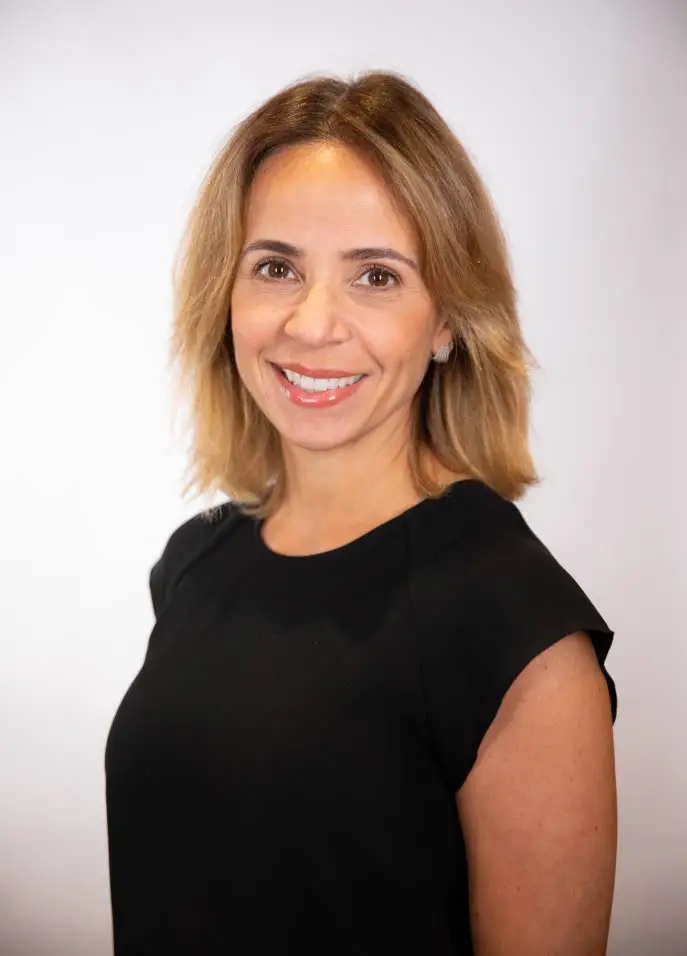
Mastercard readies click to pay for local market
Mastercard is looking to expand the suite of payment solutions available locally following the roll-out of its click-to-pay service sometime later this year.
Cluster lead for Mastercard Caribbean Mayra Vivacqua, in making the disclosure during an interview with the Jamaica Observer during the Fintech Islands Experience (FiX 25) conference held in Barbados recently, said the solution is to follow other payment options such as tap on phone and tokenisation (replacing card numbers with a token) being on boarded by the company.
“We will be bringing click to pay to Jamaica and we want to offer this solution to the local market later this year. Having already deployed other solutions, including tap phone and Apple Pay, we are moving forward in our quest to digitise the market. By this year we should have over 90 per cent of our issuers being able to tokenise their transactions,” Vivacqua told Business Week.
“We are investing a lot, like millions of dollars, to enhance our security structure, which will allow us to offer a very robust set of solution to our customers. Tokenisation is key to enabling a lot of our solution and so at Mastercard we continue to invest a lot in artificial intelligence (AI) and biometrics to authenticate transactions as well,” she added.
Deemed a fast and secure way to pay online, the click-to-pay solution Mastercard said will allow consumers to store multiple cards in one secure profile without having to share their payment details at every checkout. Whether used on a smartphone, tablet, or PC, customers are being promised a hassle-free experience when checking out online at all participating merchants.
“Customers will be able to register the first time they use the service, after which the technology will recognise their details for all other transactions, and it uses tokenisation, so it’s safe,” she noted.
The payment behemoth now bullish on growing acceptance in the region’s underbanked and unbanked populations said that through its digitalisation agenda, it will continue to bat for greater financial inclusion and the need to have more countries integrate their payment systems.
Cognisant, however, of an existing trust deficit in some markets, the Mastercard executive said that steps are now being taken to allay some amount of consumer and merchant fear.
“Trust comes with time, it doesn’t happen overnight, and to this end we will continue our push to have greater awareness and education as we seek to deliver more positive experiences.
“In Jamaica right now, we know that several merchants (comprising some very popular and large ones) do not accept tap, but we continue to engage and have those conversations to show them that the experience we are now offering is totally different from whatever bad experiences they may have had in the past. This as we seek to regain their trust,” Vivacqua said.
Currently signing agreements with more acquirers and to push the growth of acceptance across the region and in very specific sectors such as transport via taxis, small merchants through e-commerce among others, the top executive said Mastercard also remains focused on helping governments to build-out the region’s digital economy.
Cited among the company’s key priority objectives this year she said are the need to further grow acceptance, with more merchants being added to the payment infrastructure, this as the payment giant also continues to ensure that all transactions are safe and secure and that more technology solutions are brought to market to lower the cost of cash transactions.
“We have come a very far way in a number of the countries in which we operate, and even though we are not yet at the desired level of acceptance, we are encouraged by some of the things we have been able to achieve. In Jamaica, for example, the acceptance of cards at the toll booth is one we see as a major win which has been doing well. We want to continue this work with transit, as this remains a key area in growing card acceptance, increasing by some 10-40 per cent on use,” Vivacqua said.




















